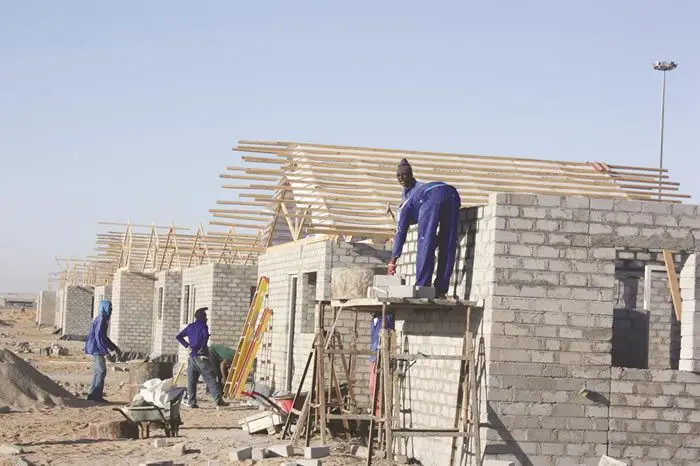Rwanda is set to construct 2,000 affordable housing units in Nyamirambo Sector, Nyarugenge District which were planned by Rugarama Park Estate and Remote Group, an engineering firm, with adherence to the City of Kigali master plan and the affordable housing program under the National Housing Policy.
The project targets about 2,800 affordable houses on a-42-hectares piece of land located in Nyamirambo Sector and is it is expected to accommodate 14,000 people as well as create hundreds of temporary and permanent jobs.
Also Read:Ghana commence construction of 250,000 housing units countrywide
Affordable housing units
The entire housing project is estimated at US $131m. It will be undertaken through a joint venture between the Development Bank of Rwanda (BRD) and Shelter Afrique, a pan-African housing finance institution. The housing units will additionally have public parks, community buildings, shops and a market place surrounding them.
According to the developers, constructions costs are minimized in order to keep selling prices down and also ensure that the units provide the first step in housing ladder to Rwandans who will reside in the Eco friendly estate.
“The units will be affordable to an average Rwanda’s income and in order to achieve this the Remote Group developed an efficient construction method known as Aerated Autoclaved Concrete masonry which will be produced locally by the Group, hence cutting costs of importation,” reads a statement from the developers.
According to a study dubbed, “Housing Market Demand, Housing Finance and Housing Preferences for the City of Kigali”, conducted by Planet Consortium in 2012, the annual demand for new dwellings were 31,279 housing units per year against the supply of about 1000 units. This means there is an annual deficit of about 30,279 dwelling units. Rwanda however expects to be 35% urban by 2024 from 18.4% in 2017.
